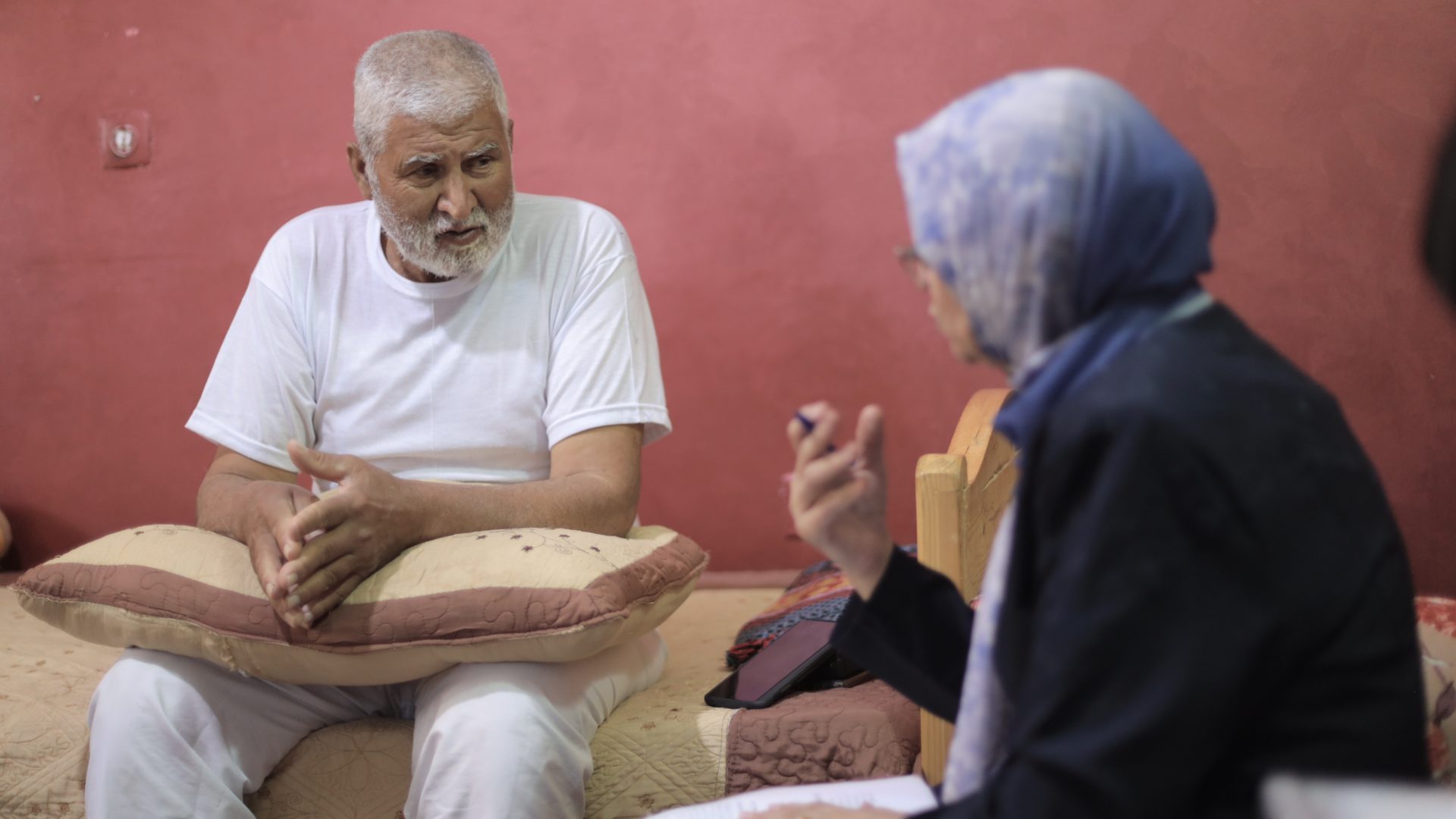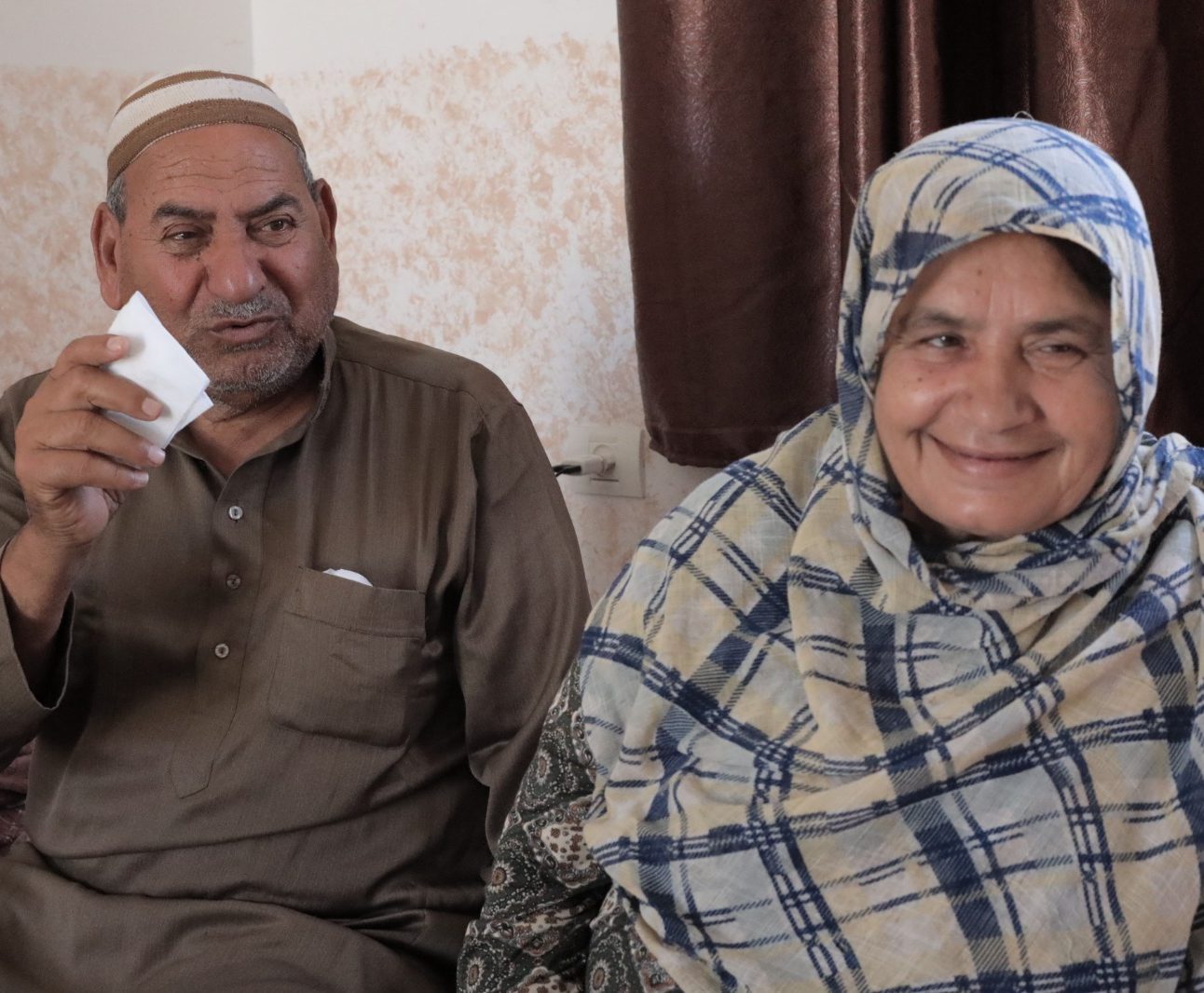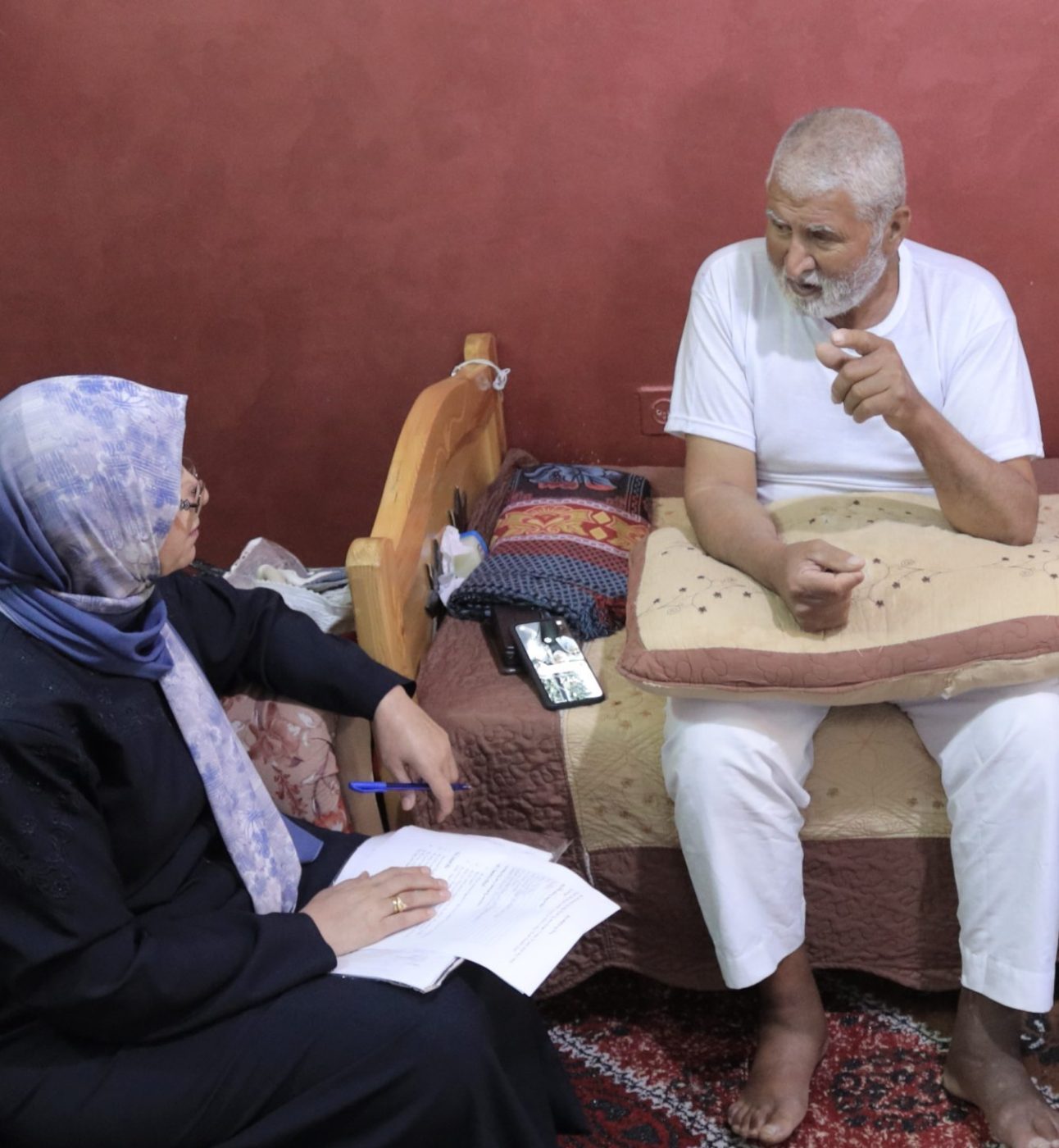The damage wrought on the Al Aqsa hospital in Deir al Balah, the Indonesian hospital in northern Gaza and two primary health care clinics in Khan Younis and northern Gaza during five days of air attacks in May this year is having devastating consequences.
Hospitals and health centres in Gaza were already operating under severe constraints, grappling with years of resource shortages. But treating the hundreds of people injured during the attacks stretched the capacities of medical facilities to their limits, forcing them to deprioritise others in their care, like the ongoing support and medical treatment needed by older patients.



